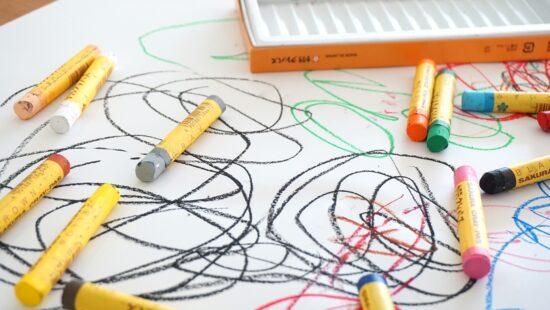Supporting emotional literacy through performing arts

Supporting emotional literacy through performing arts
A vibrant collection of creative activities for KS1 and KS2, using performing arts to support emotional literacy and wellbeing.
Download this resource
Performing arts—such as drama, dance, and music—are powerful tools for enhancing emotional literacy. Emotional literacy refers to the ability to recognize, understand, express, and manage emotions effectively. Engaging in performing arts offers unique opportunities for individuals, especially children, to develop these skills in a creative and supportive environment.
Understanding and expressing emotions
Through role-playing and storytelling, drama helps individuals explore different emotional experiences and perspectives. By stepping into a character’s shoes, they can better understand various feelings such as joy, fear, sadness, and anger. Music and dance further support this by enabling individuals to express emotions non-verbally, through melody, rhythm, movement, and body language. This freedom to express emotions creatively can help individuals articulate feelings they may struggle to put into words.
Empathy and social skills
Performing arts also foster empathy, a key component of emotional literacy. Working together in a performance setting requires understanding the emotions and needs of others. Whether it’s collaborating in a group dance, synchronizing music, or performing a scene in drama, individuals learn to communicate, cooperate, and support each other. These experiences help build strong interpersonal relationships, as participants learn how to read and respond to the emotional cues of others.
Managing emotions
The performing arts offer a safe space for individuals to explore their emotions and practice emotional regulation. The process of creating and performing allows for emotional release, reducing stress and anxiety. Dance and movement, in particular, help manage physical tension that can build up with strong emotions, providing a therapeutic outlet.
By integrating performing arts into educational or therapeutic settings, emotional literacy is nurtured, empowering individuals with the skills to navigate their emotional worlds and develop healthier relationships.


